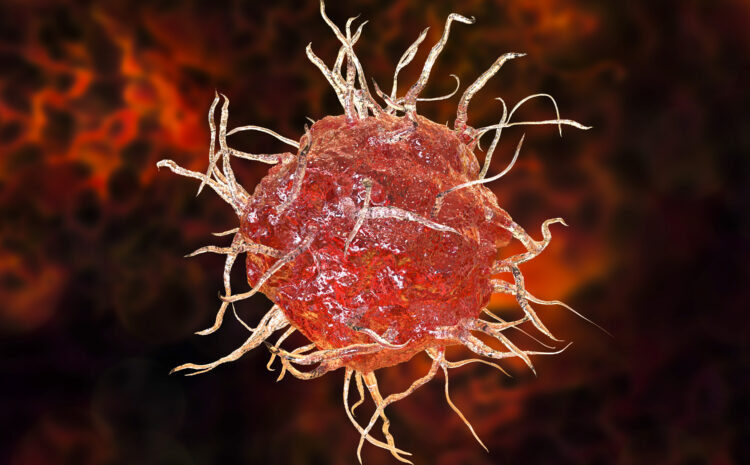
Thymosin α1 in human cytomegalovirus
The study found that Thymosin α1 enhances the antigen-presenting capacity of dendritic cells and improves T lymphocyte responses to Human cytomegalovirus infection. It also upregulates certain surface markers and enhances cytokine production in T lymphocyte subsets, suggesting that Thymosin a1 may be an alternative adjuvant for immunocompromised patients.
Human Cytomegalovirus (HCMV) is a virus that primarily infects humans and can cause asymptomatic or severe clinical presentations. In immunocompetent individuals, HCMV infection typically results in an asymptomatic or mild illness. However, in immunocompromised individuals, such as AIDS patients, older individuals, or transplant recipients, primary HCMV infection or reactivation can lead to dissemination and life-threatening end-organ diseases. HCMV can evade the immune system and establish persistent infection in the host. The virus can modulate the functions of dendritic cells (DC) and T lymphocytes (TL) to escape immune responses.
The role of thymosin a1 (Tα1) is to control immunity, tolerance, and inflammation. Tα1 has been shown to have a key role in promoting TLs maturation, immune reconstruction, antigen recognition, cytokine modulation, and chemokine production. It enhances the immune function of dendritic cells, macrophages, natural killer cells by activating adaptive immune cells such as TLs. Tα1 also enhances the antigen-presenting capacity of DCs and improves TLs responses to viral infections, such as HCMV infection.
The researchers use an in vitro model to investigate the effect of Tα1 on surface marker expression and function of DC subsets. The results show that Tα1 enhances the antigen-presenting capacity of DCs and improves TLs responses to HCMV infection. Additionally, it enhances the polyfunctionality of CD8+ TLs. Tα1 upregulates CD40/CD40-L expression and down-regulates PDL-1/PD-1 expression, thereby increasing the production of TNFα, IFNγ, and IL-2 in both total and memory subsets of CD4+ and CD8+ TLs. Tα1 treatment also led to changes in the morphology of DCs, with the formation of aggregations and protrusions, suggesting their activation and maturation.
Overall, the study demonstrated that Tα1 has immunomodulatory effects on DCs and TLs, improving their responses to HCMV infection and potentially serving as an adjuvant in therapeutic cell therapy for immunocompromised patients.
The article highlights the limitations of antiviral drugs and emphasizes the importance of non-pharmacological alternatives in mitigating the consequences of HCMV infection.
Whole article can be found here: https://doi.org/10.1016/j.intimp.2023.111103
